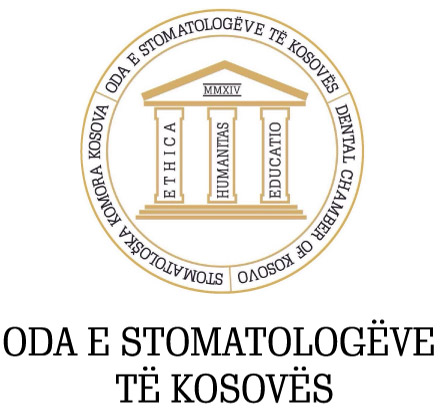Efekti antibakteror i Thymus serpyllum ndaj E. faecalis në dentinën radikulare
AUTOR(ËT)
Ariana Kameri
ABSTRAKT
Despite the advanced use of preparation techniques, in- struments, application of irrigants, namely simultaneous root canal medications, endodontic failures can occur. Therefore, in order to find a new alternative, we have de- termined that the purpose of this in vitro research is: to evaluate the antibacterial efficiency of the extract of Thy- mus serpyllum alone and in combination with NaOCl 2%, as well as Chlorhexidine against Enterococcus faecalis in the solution with dentin powder using the agar disk diffusion method. The zones of inhibition caused by the herbal ex- tract of Thymus serpyllum were evaluated after 5 minutes, 60 minutes and 24 hours, and were compared with the standard solutions of NaOCl 2 % and Chlorhexidine after mixing with the dentin powder. The statistical analysis of the results was done with One Way ANOVA and the Kruskal Wallis test. Sodium hypochlorite 2% has shown antibacte- rial effect against Enterococcus faecalis by forming a wide zone of inhibition, but after mixing with dentin powder, its effect is reduced. Chlorhexidine 2% has shown an antibac- terial effect against E.faecalis, giving an inhibition zone, which is reduced under the influence of dentin powder.
Chlorhexidine after mixing with plant extracts of Thymus serpyllum has resulted in more powerful antibacterial effect against E.faecalis. The herbal extract of Thymus serpyllum has been shown to be effective against E.faecalis, which is re- duced under the influence of dentin powder.
DOI
https://doi.org/10.59138/ntkrjezwezbsp
FAQET: 8-13

